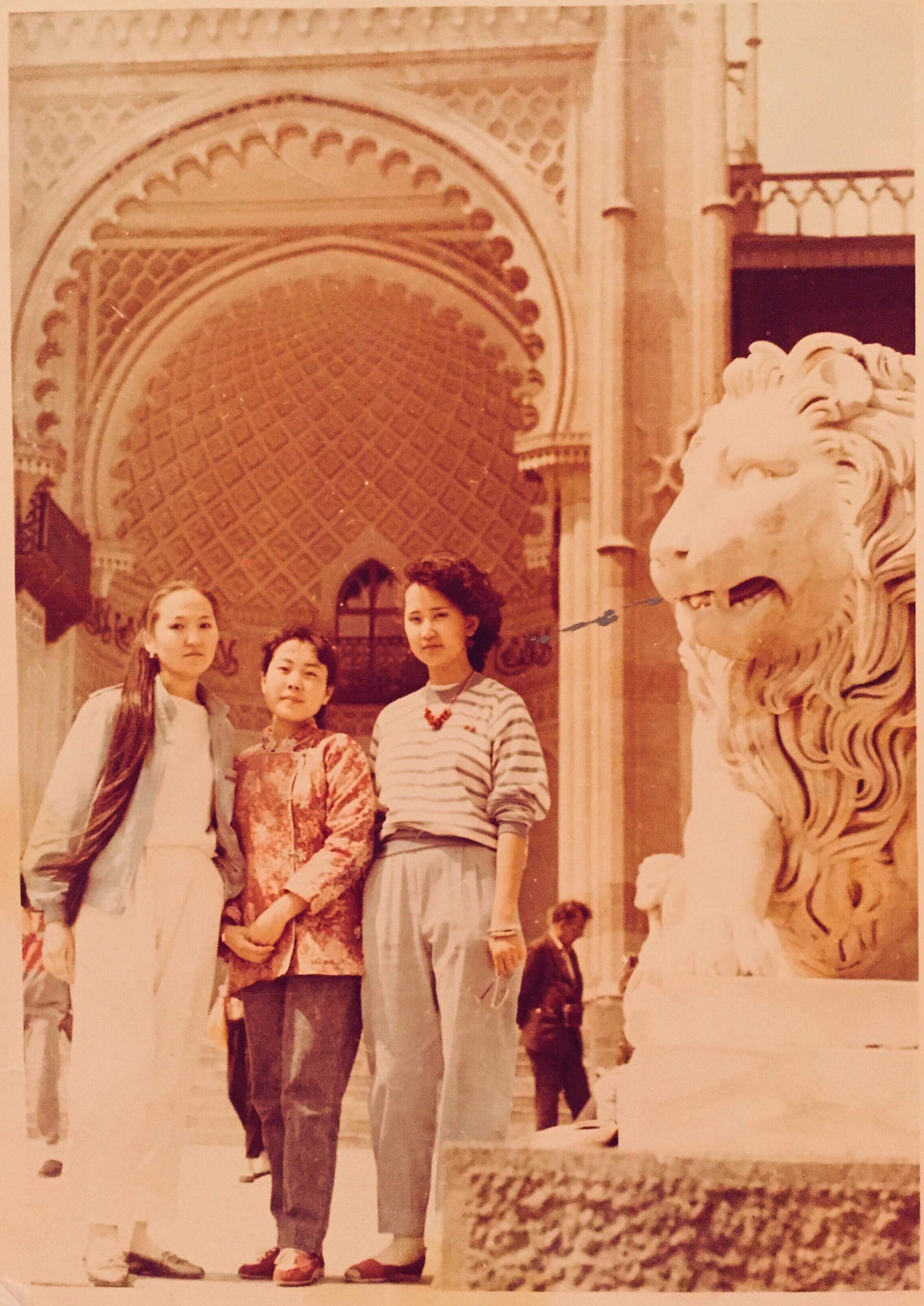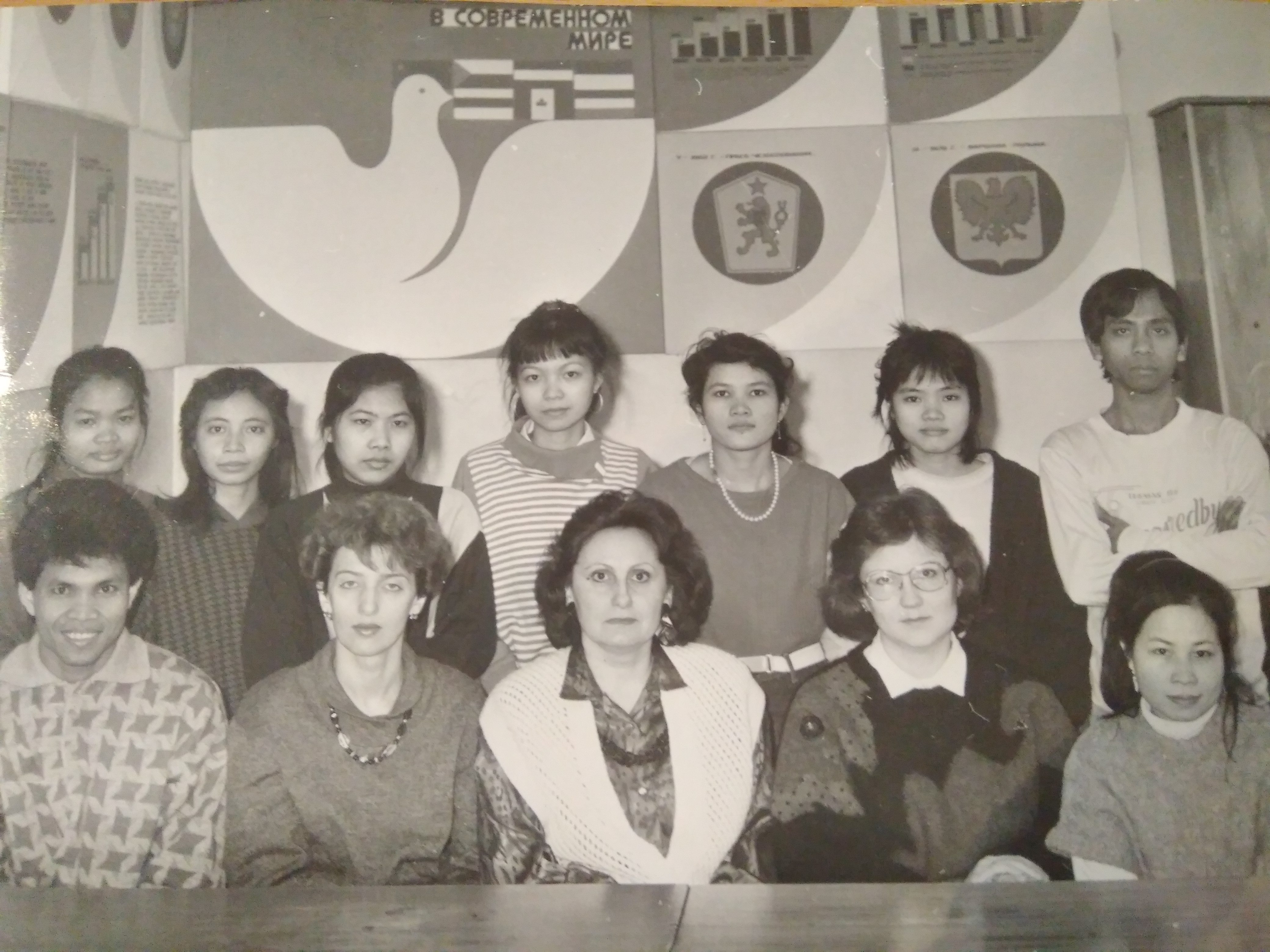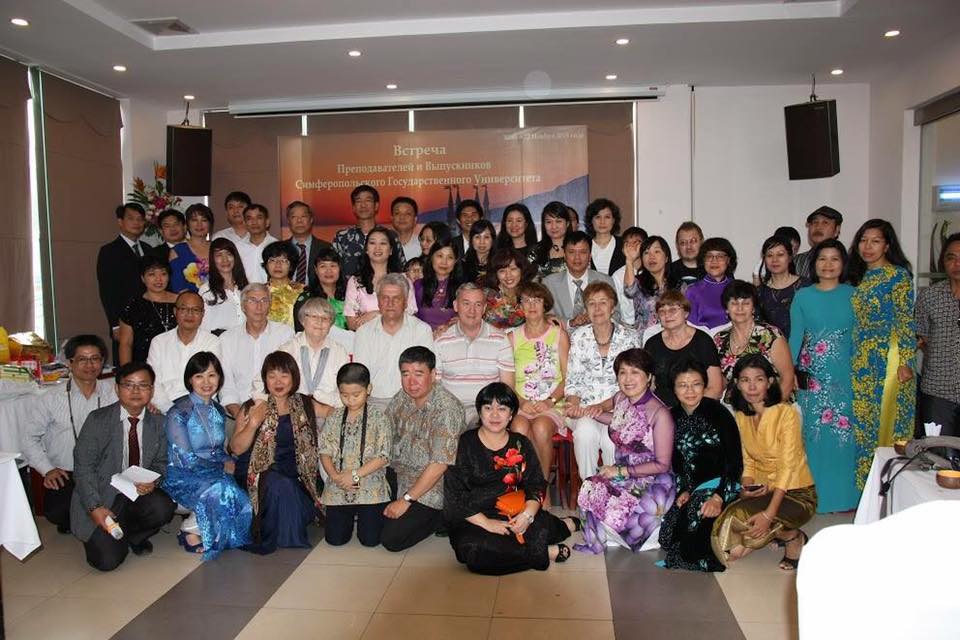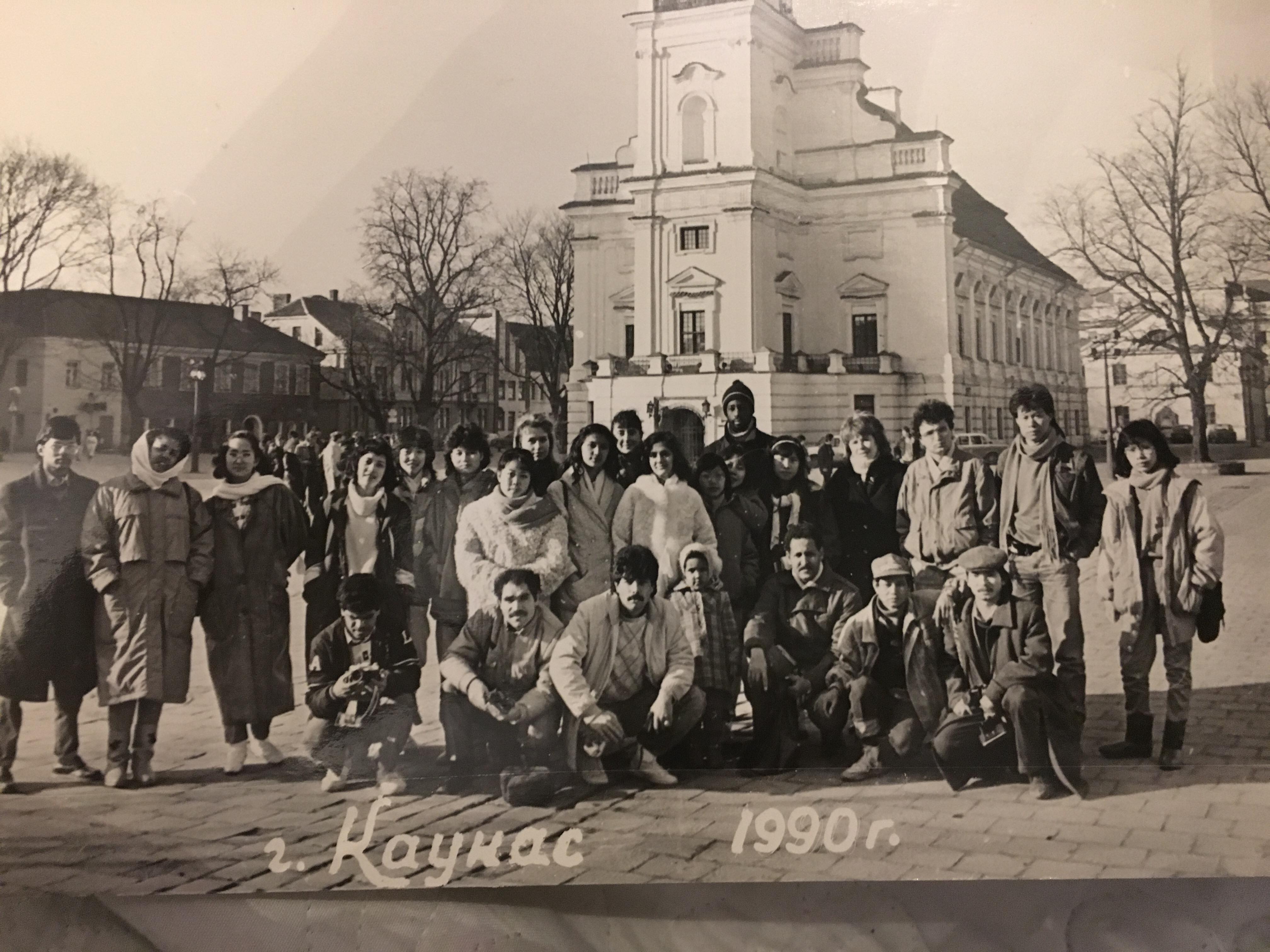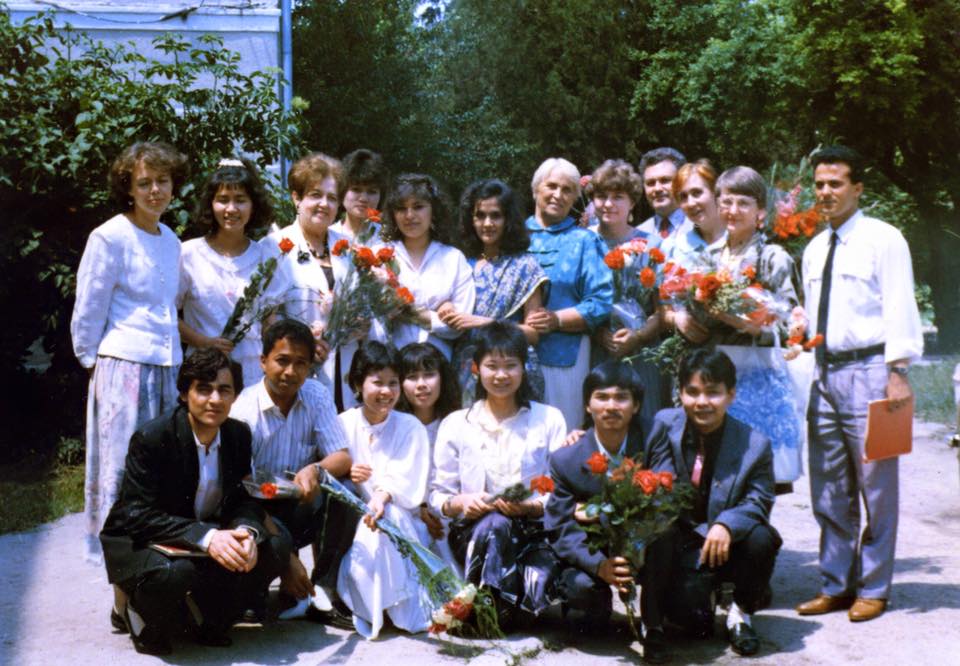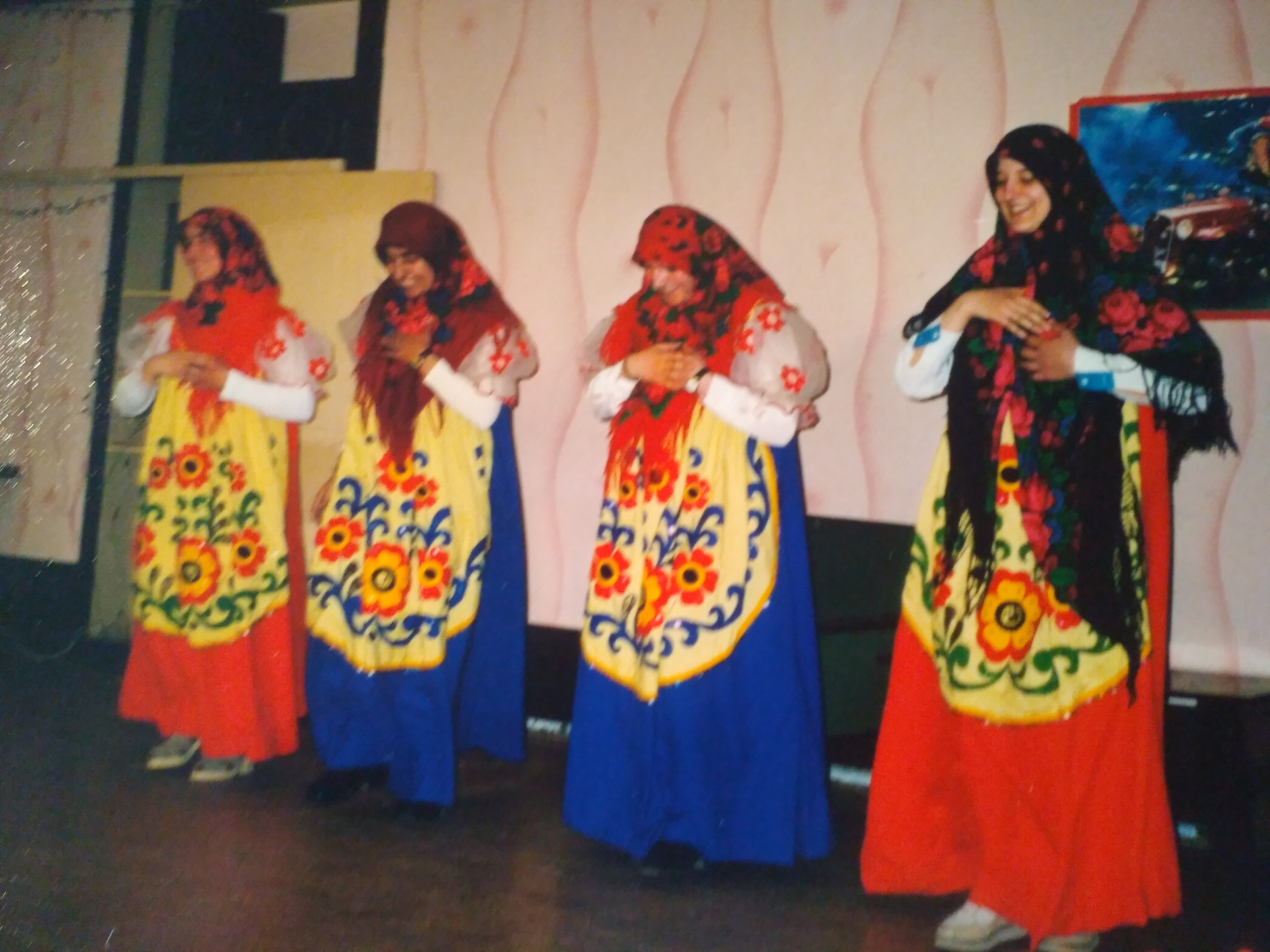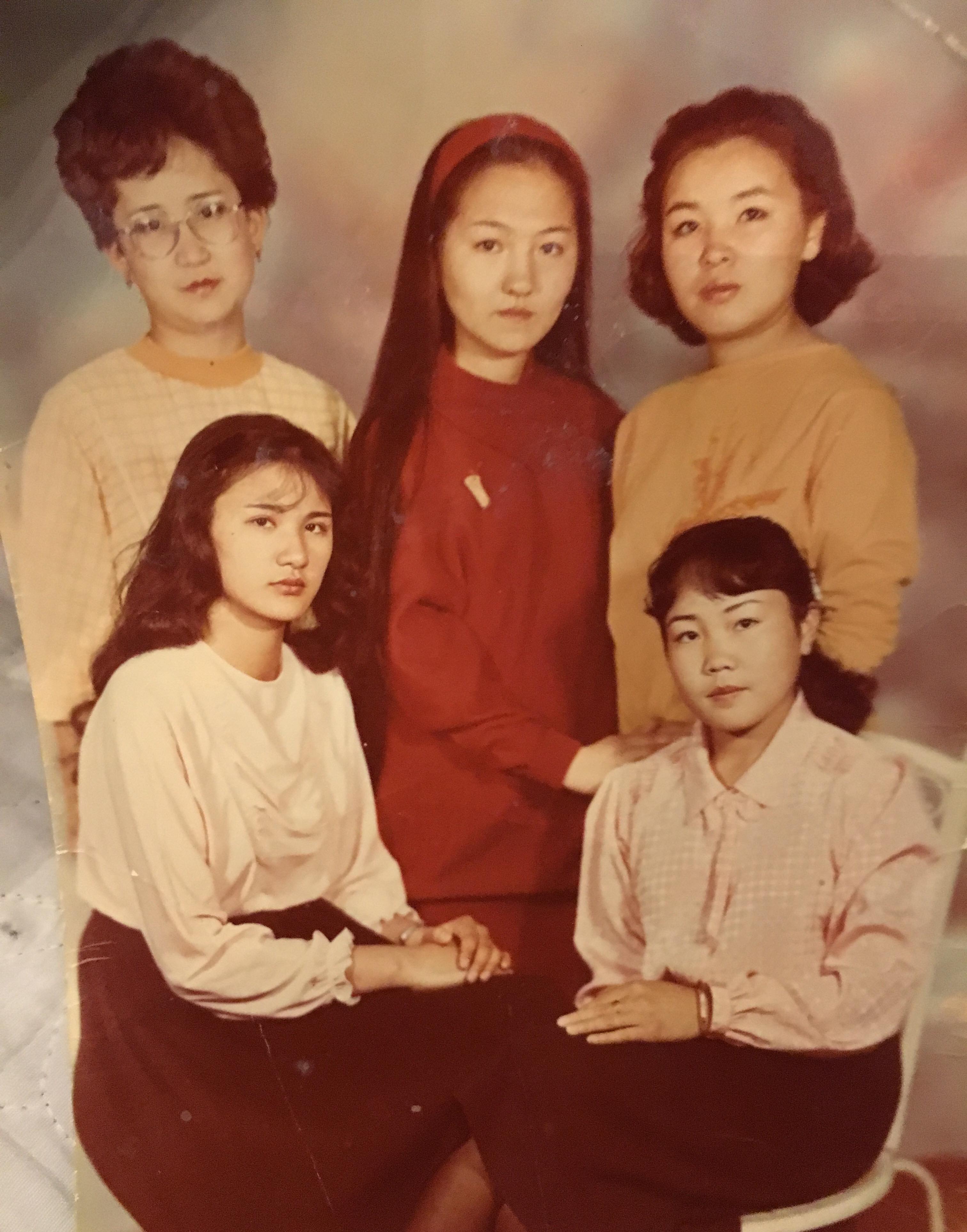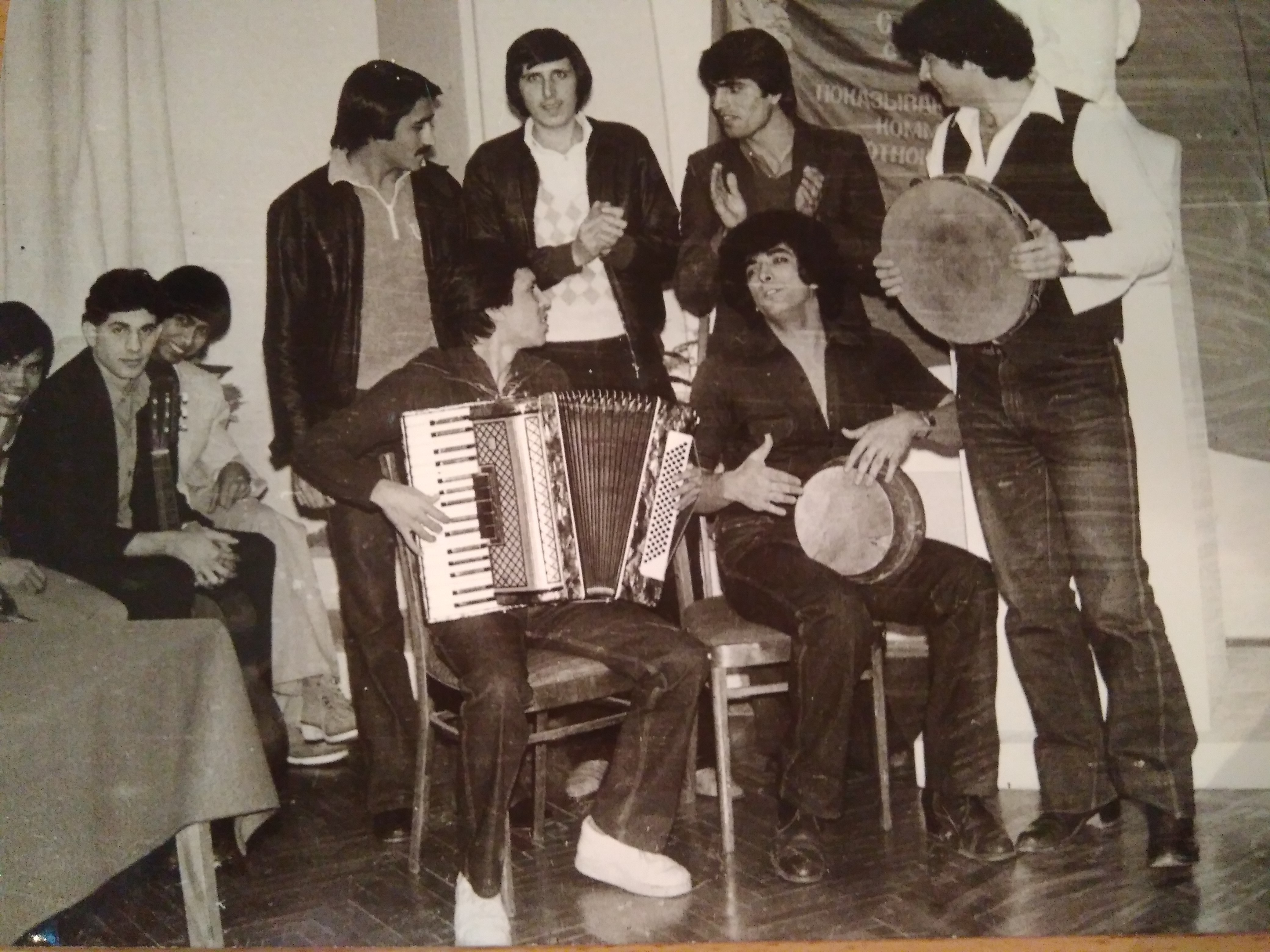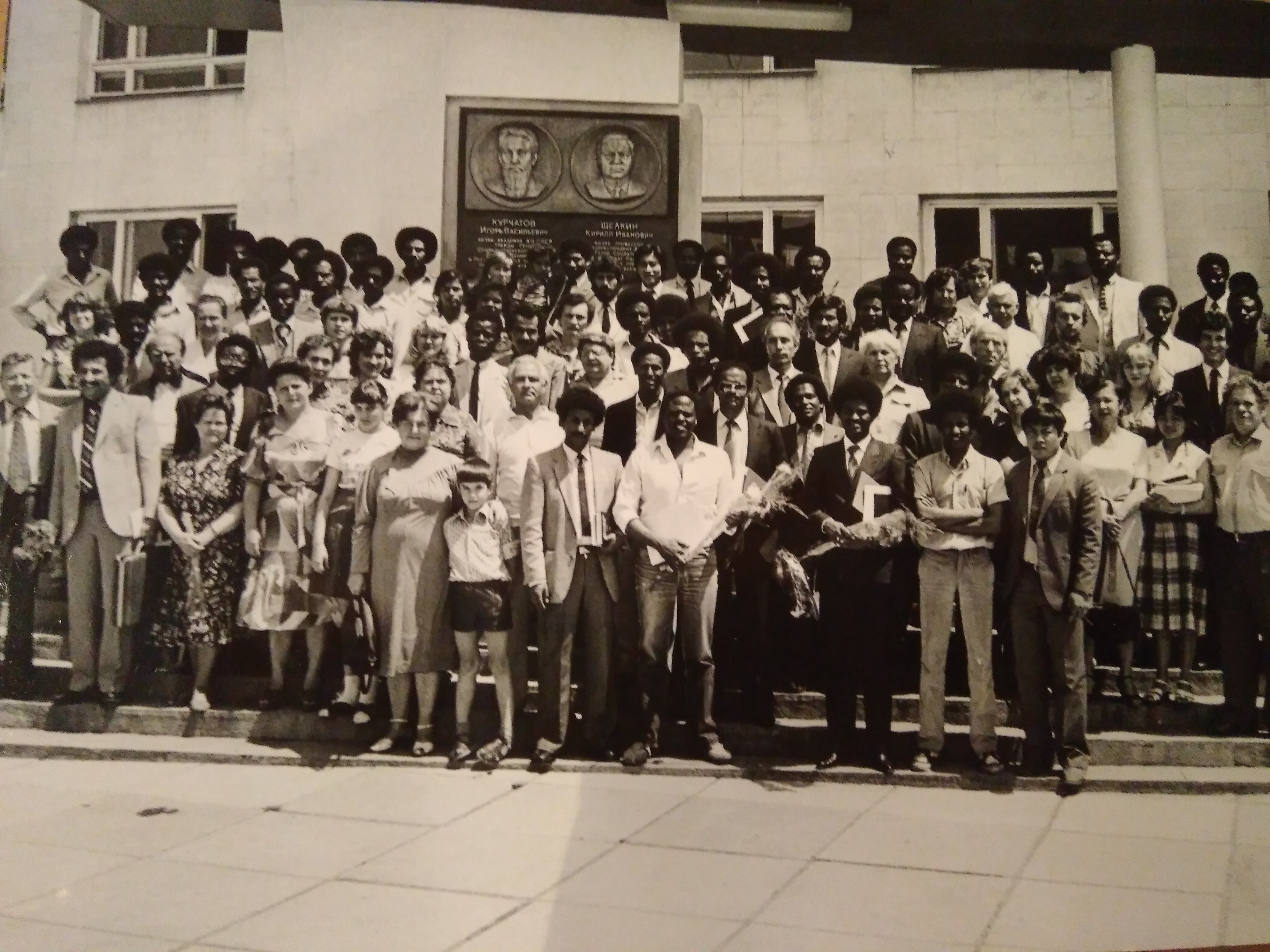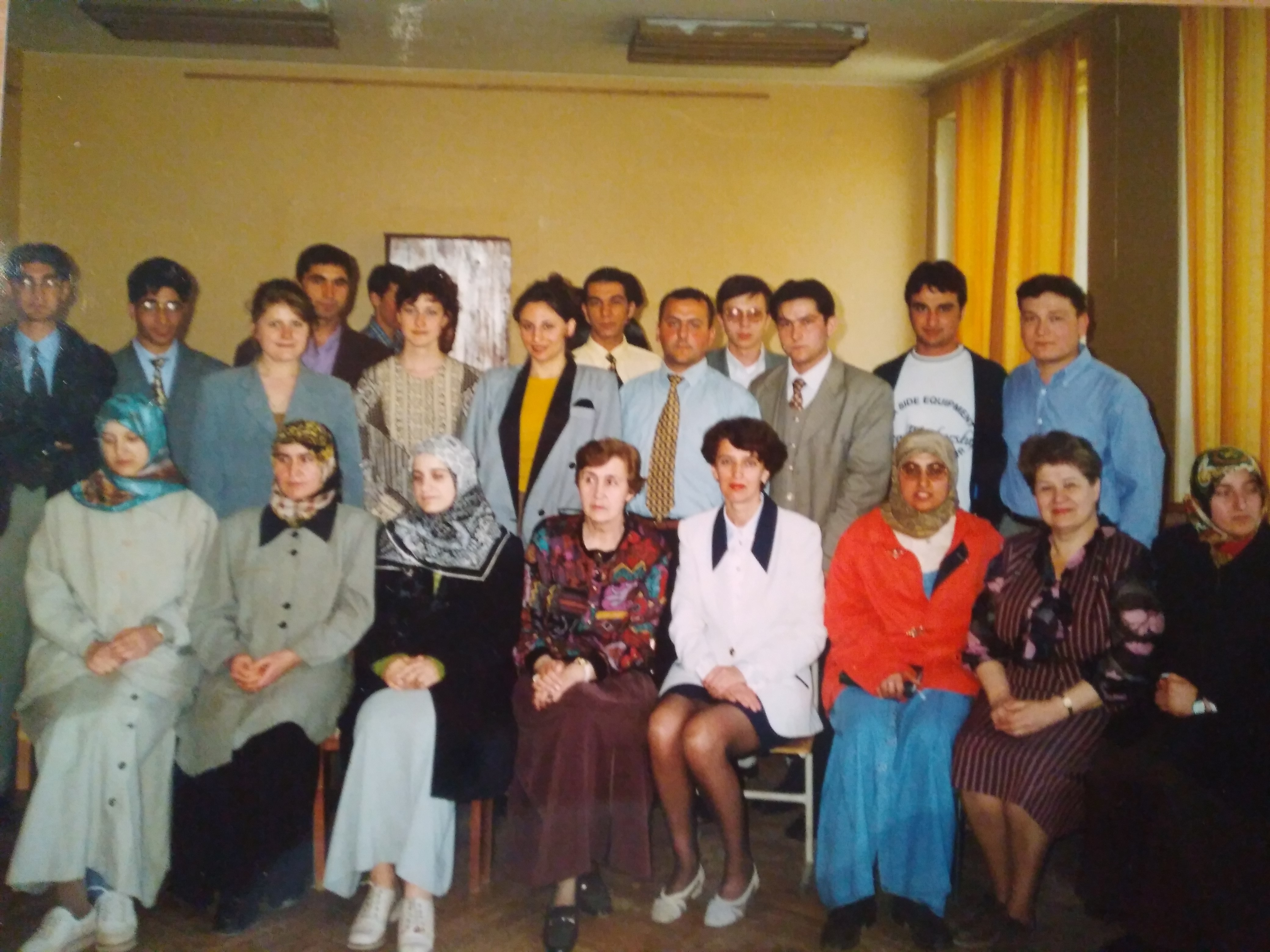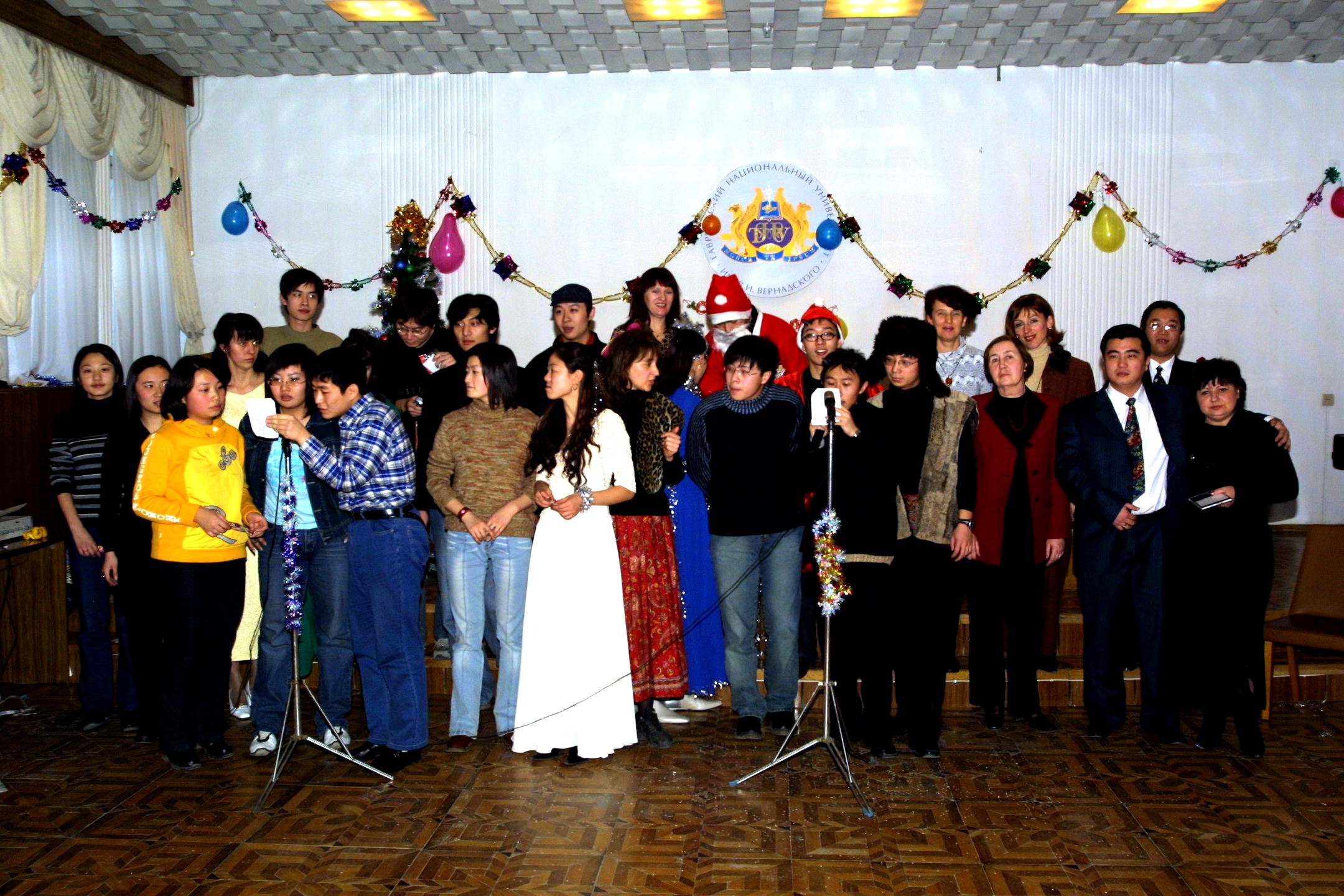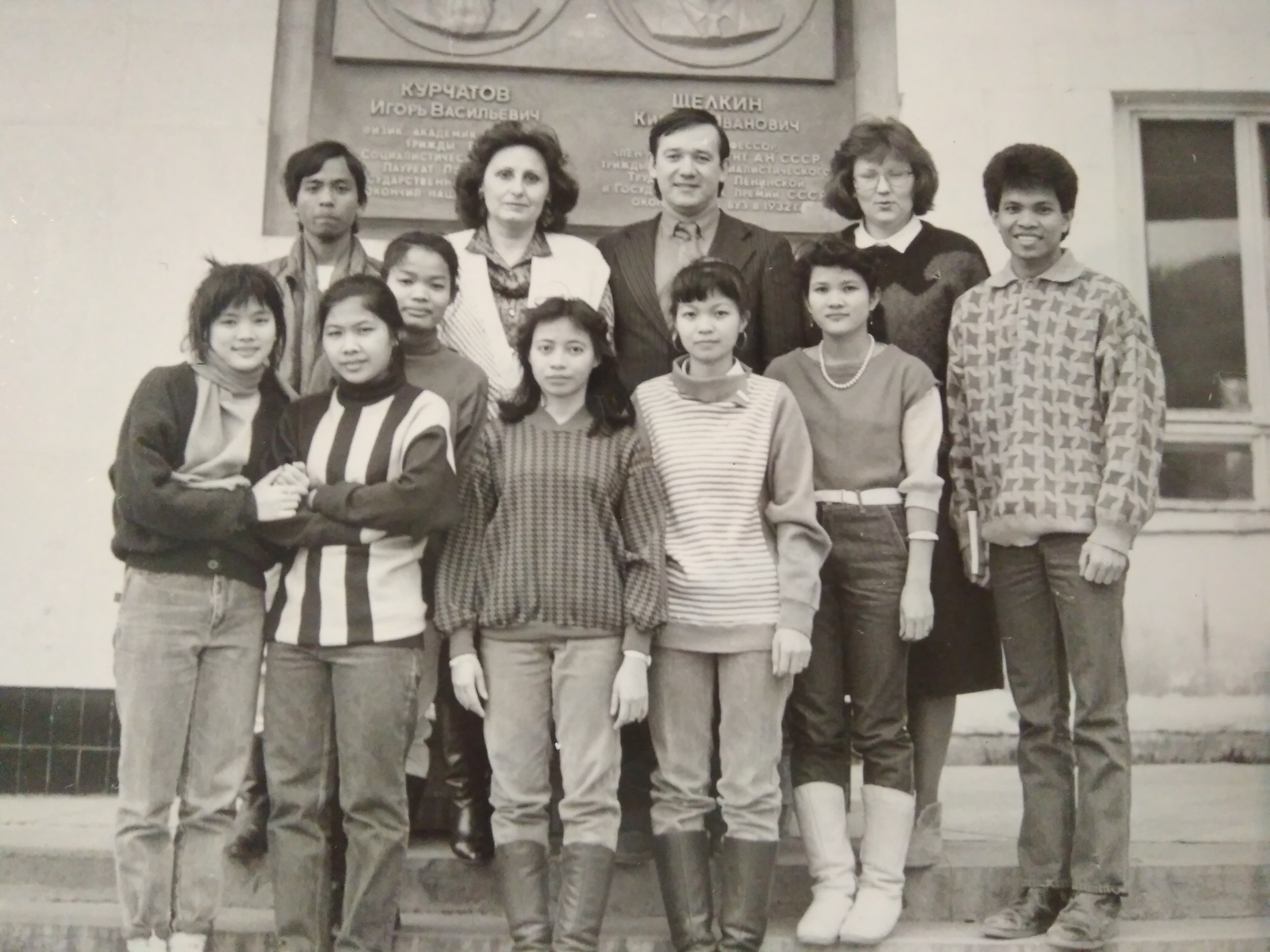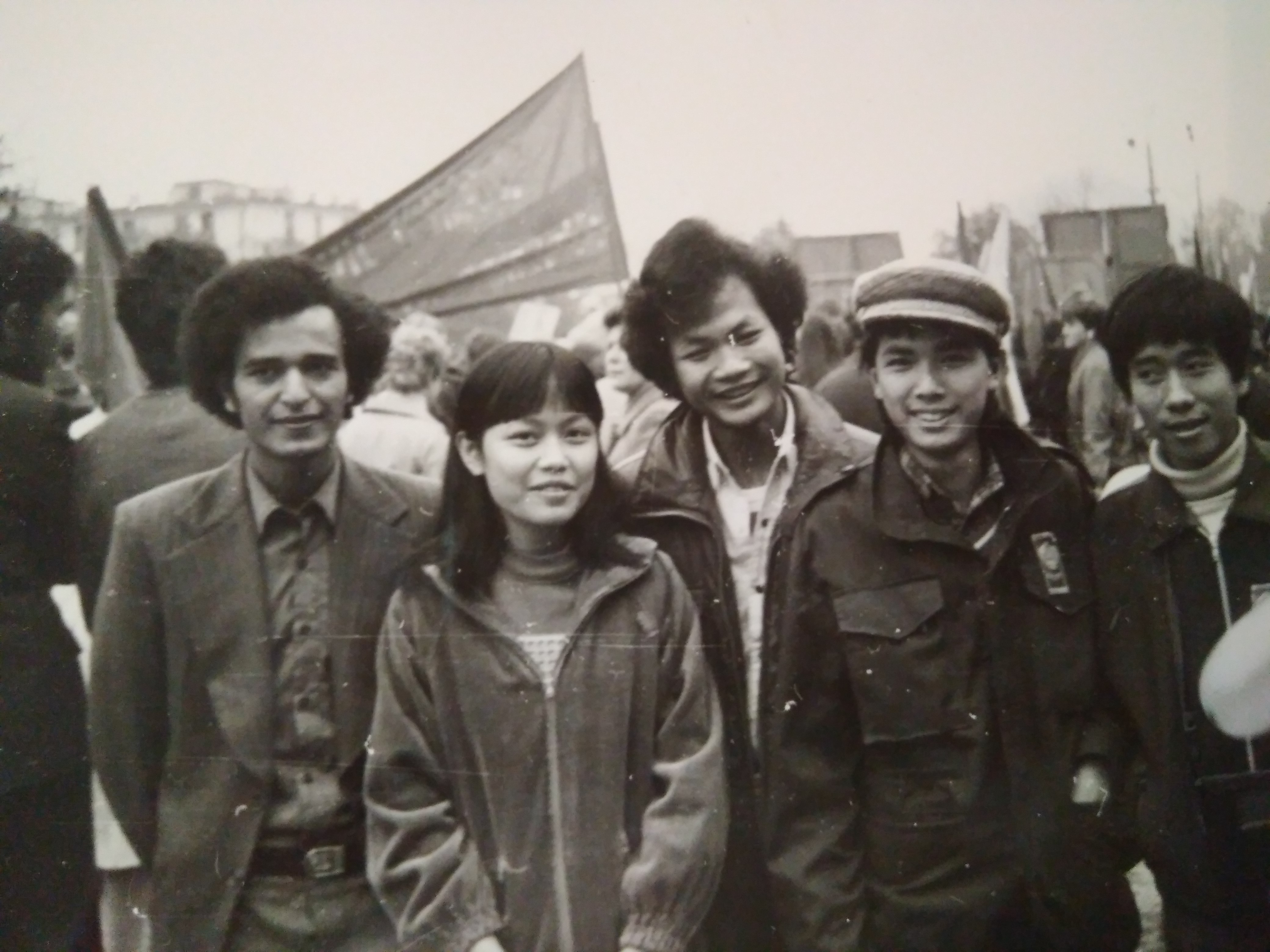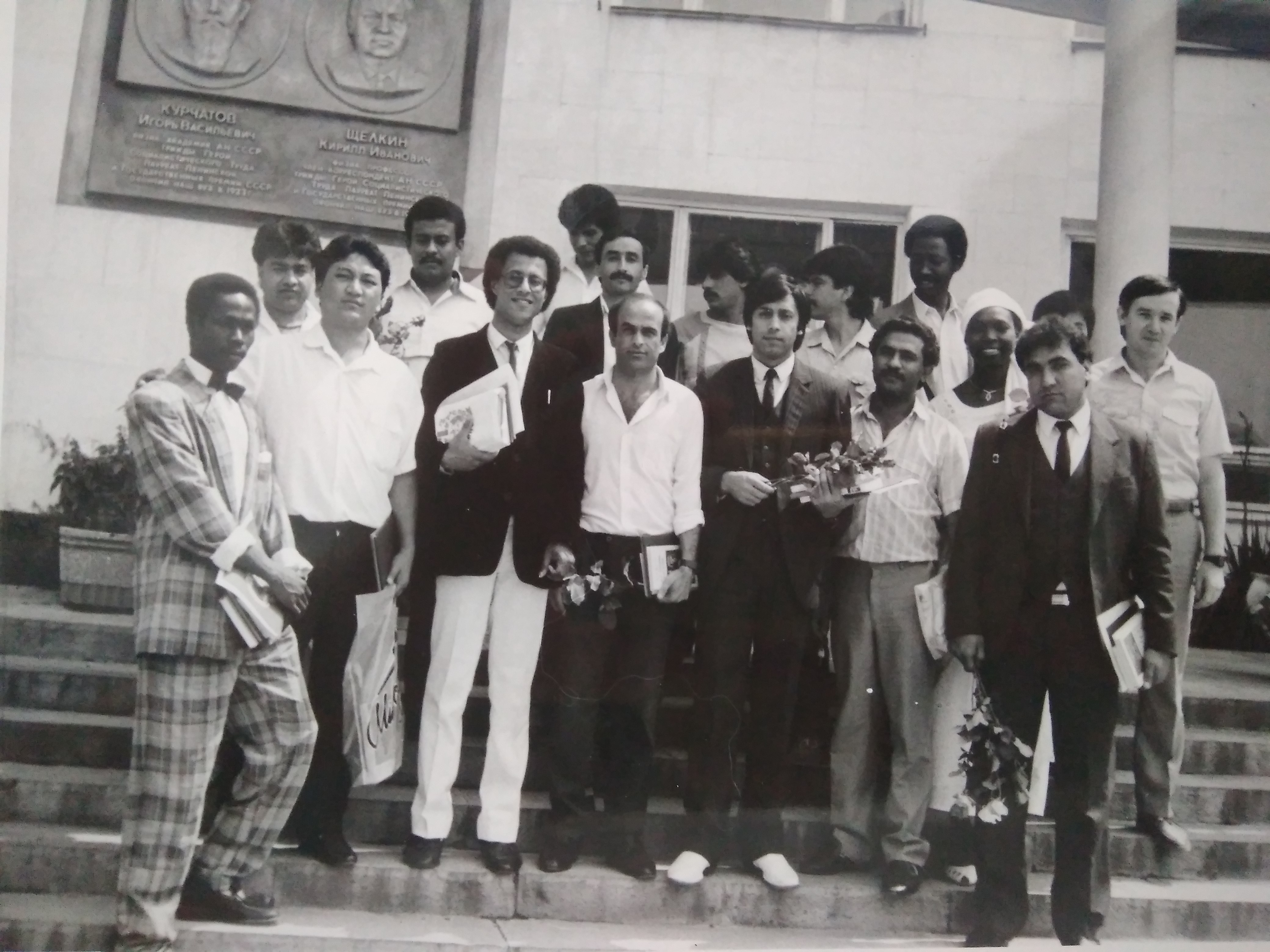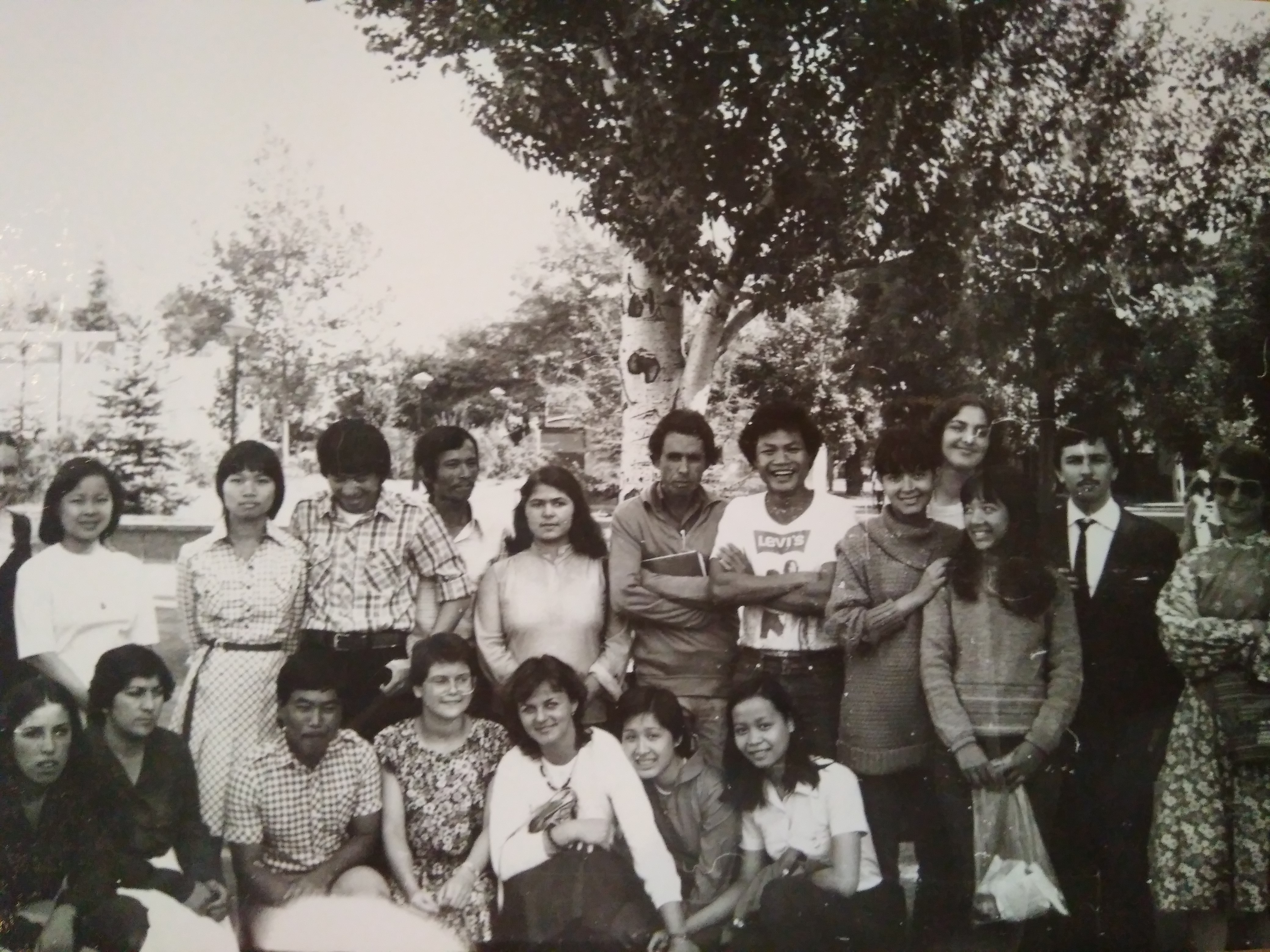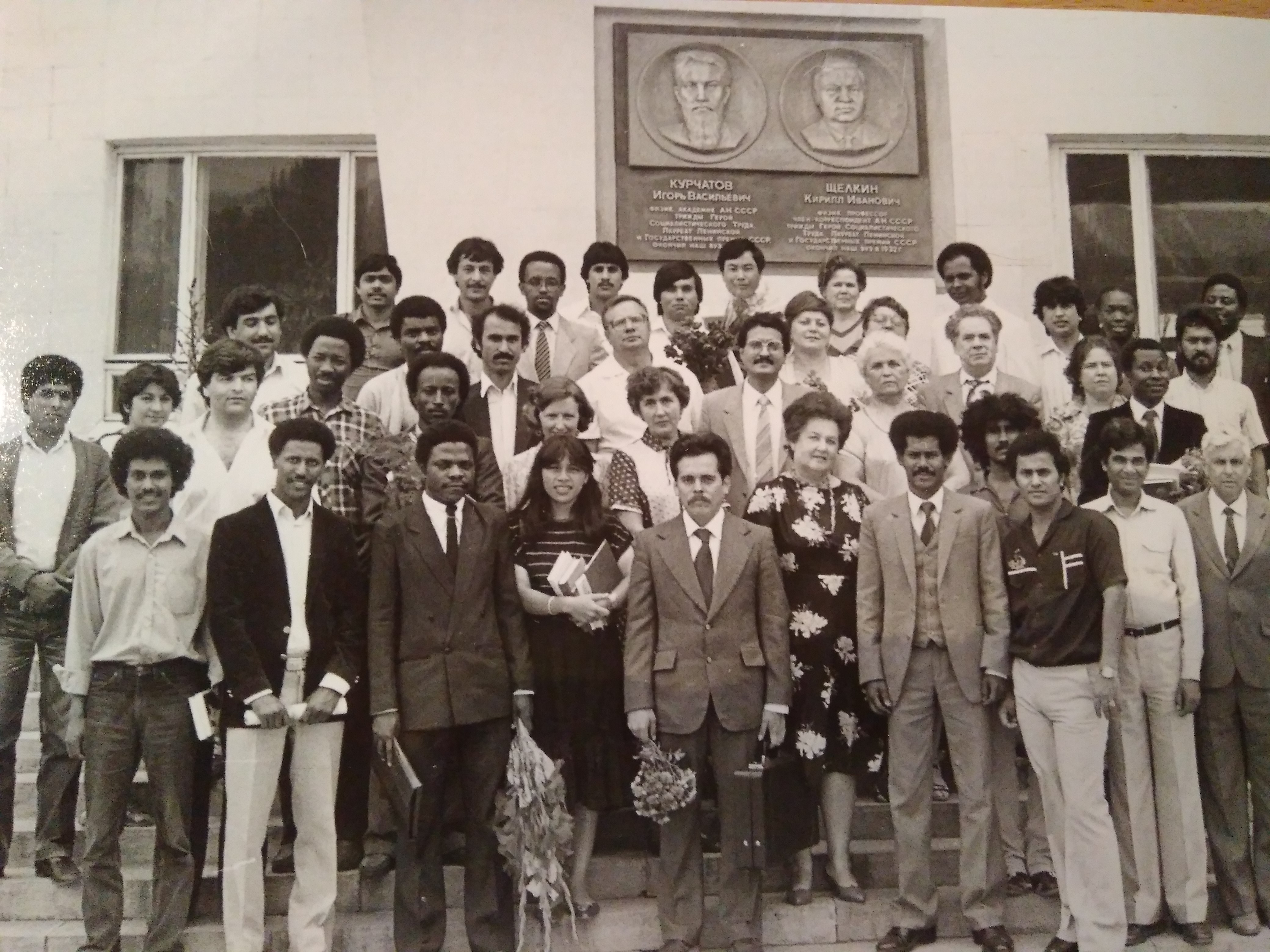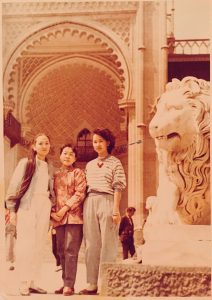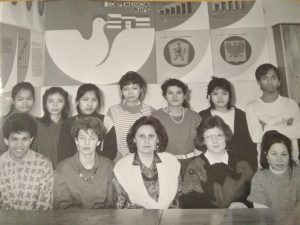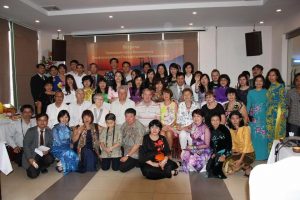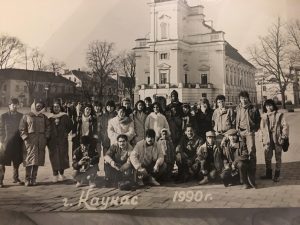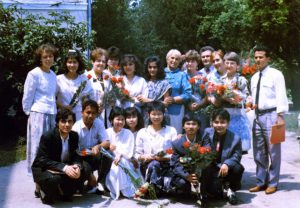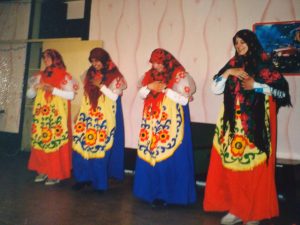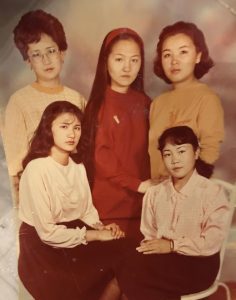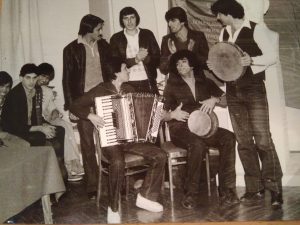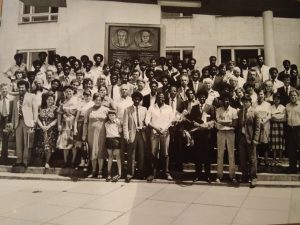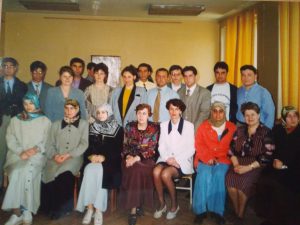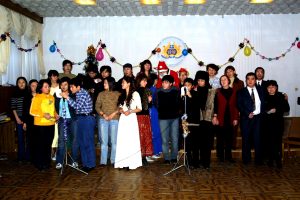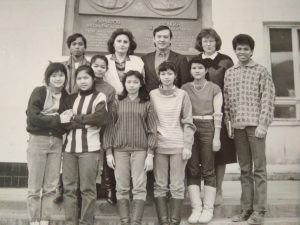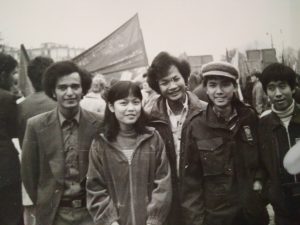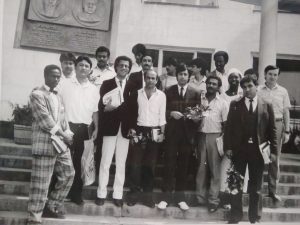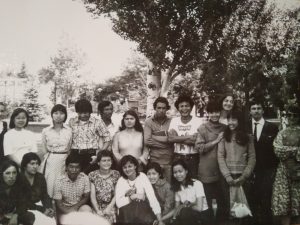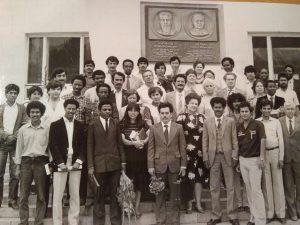The Department of Russian Language and Literature Teaching Methodology (known since 1994 as the Department of Philological Courses Teaching Methodology) was established at M.V. Frunze Simferopol Pedagogical Institute in March, 1968 to train future teaching professionals for schools in Crimea and Uzbekistan. The latter was receiving help from all over the country following the devastating earthquake in Tashkent.
In 1973, the Department welcomed its first international students, who came from Poland to pursue their degrees in Russian Language and Literature at the Faculty of Philology of M.V. Frunze Simferopol State University. A total of 120 Polish professionals in Russian philology hold a degree from our university, including: Jolanta Mendelska, Doctor of Philology, the holder of the title of ‘Belvedere Professor,’ the most prestigious rank in Polish academia, and the director of the Institute of Neophilology and Applied Linguistics at the Casimir the Great University in Bydgoszcz; Irena Danecka, Associate Professor at the University of Opole, the author of ‘Kak Dela?’ Russian language textbooks for Polish students, and a well-renowned Russian as a Second Language teaching professional in Poland; Alicja Kaźmierak, Danuta Matwijczyna, Barbara Górecka, who teach Russian at the Maria Curie-Skłodowska University in Lublin and penned a Russian language textbook for engineering students; Buliaż Zbigniew, and many others.
Over the course of time, Simferopol State University (now Taurida Academy of Vernadsky CFU) has educated students from fifty-four countries of Europe, Asia, and Latin America. The university’s international students pursued degrees not only in philology but also in history, biology, geography, and other fields. During the 1980s, the Department had students from Afghanistan, Kampuchea (now Cambodia), Laos and Vietnam. The academic staff of the Faculty of Philology have especially fond memories of students from Vietnam who studied in Simferopol between 1984 and 1992. Later, back in their homeland, they set up the DanSim Society that unites all the Simferopol University graduates into a single community. In 2015, the group of graduates from Vietnam was the first international guests to visit their alma mater after the merger of Taurida National University into Vernadsky CFU.
Toward the end of 1990s, the university enrolled its first students from Turkey and later from China. In the 2000s, Taurida National University launched a pre-university Russian Language programme for international students that equipped its participants with skills and knowledge not only in Russian but also in literature, history, mathematics, biology, computer science, geography, and other disciplines, which allowed them to continue their studies at the university level.
The Department of Philological Courses Teaching Methodology of the Faculty of Slavic Philology and Journalism delivers bachelor’s and master’s level programmes. Many of the Department’s international graduates went on to defend their PhD theses in Russian Language, including: Irena Danecka (Poland), Buliaż Zbigniew (Poland), Alkadi Mansur Saleh Abdu (Yemen), Wu Hao (China), Li Zhe (China), Li Guanhua (China), Sun Yumin (China), Zhang Mengjia (China).
For twenty-five years, Taurida National University (now Vernadsky CFU) and Willamette University in Salem, Oregon, USA jointly ran an exchange programme based on the Cooperation and Scientific Exchanges Agreement between the two institutions. Within the programme, the U.S. students studied for a semester at our university attending classes covering Russian speaking practice, grammar, practical phonetics, and a multimedia course in the History of Twentieth-Century Russia. The following semester the Methodology Department staff members travelled to the USA where they taught Russian at Willamette University for four months.
In total, more than ninety-five U.S. students participated in the programme. After graduating from Willamette University and completing their PhD, many of them have chosen to devote their professional lives to either Russia, former USSR countries or the Russian language. Tessa Platt won Fulbright scholarship to study Russian history and politics in Moscow for a year, returning later to the USA to continue her studies at Harvard University. Ellen Schwarzler works for the U.S. Embassy in Bishkek, Kyrgyzstan. Alex Shay has been working in Ukraine since 1993 and is currently part of Frishberg & Partners legal firm in Kyiv. Tania Zyryanoff (Gordeeva) graduated from Princeton University with a PhD in Russian Literature and taught Russian at Willamette University for a year. Nate Stice won a scholarship to Carnegie University in Washington by submitting a project which he developed while studying at our University. Mica Hall teaches Russian at a Russian Language Centre in San Antonio, Texas, USA. Eric Swinn holds a diplomatic position in Moscow.
Since 1973, the Department, together with its partners from Germany, held annual Russian language seminars in Timmendorfer Strand, a small resort town nestled on the Baltic Sea coast. The seminars were delivered by teaching staff from Moscow, Saint Petersburg and Simferopol and provided the Russian language enthusiasts from Germany with the opportunity to improve their language skills and learn new skills, while our University’s German Language students attended a German Language programme taught by German tutors. For thirty years, the Department of Philological Courses Teaching Methodology delivered a Russian Language programme for students from Germany in Simferopol. The programme was initiated by Doctor Johannes Baar – the holder of the Aleksandr Pushkin Medal, the highest award of the International Association of Teachers of Russian Language and Literature – who was also the first supervisor of the programme.
Close friendly and professional relationships between the Department’s staff and scholars in Russian philology from Saint Petersburg University, including Ludmila Verbitskaya, Kira Rogova, Boris Kovalenko and others, are rooted in that time.
Our University’s international students actively participate in Russian Language competitions, various festivals and contest held in the Russian Federation.
